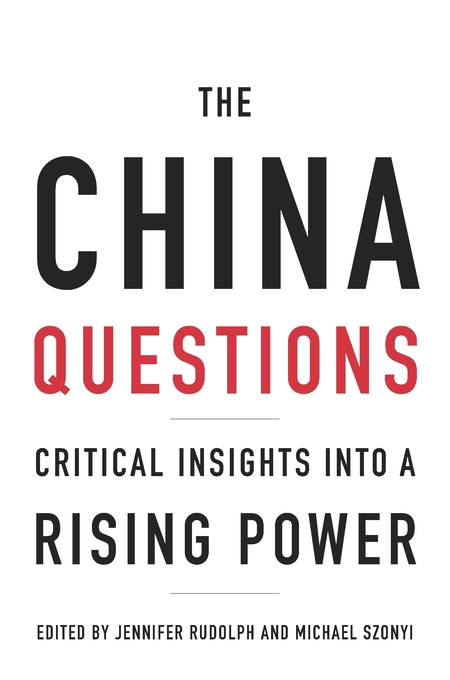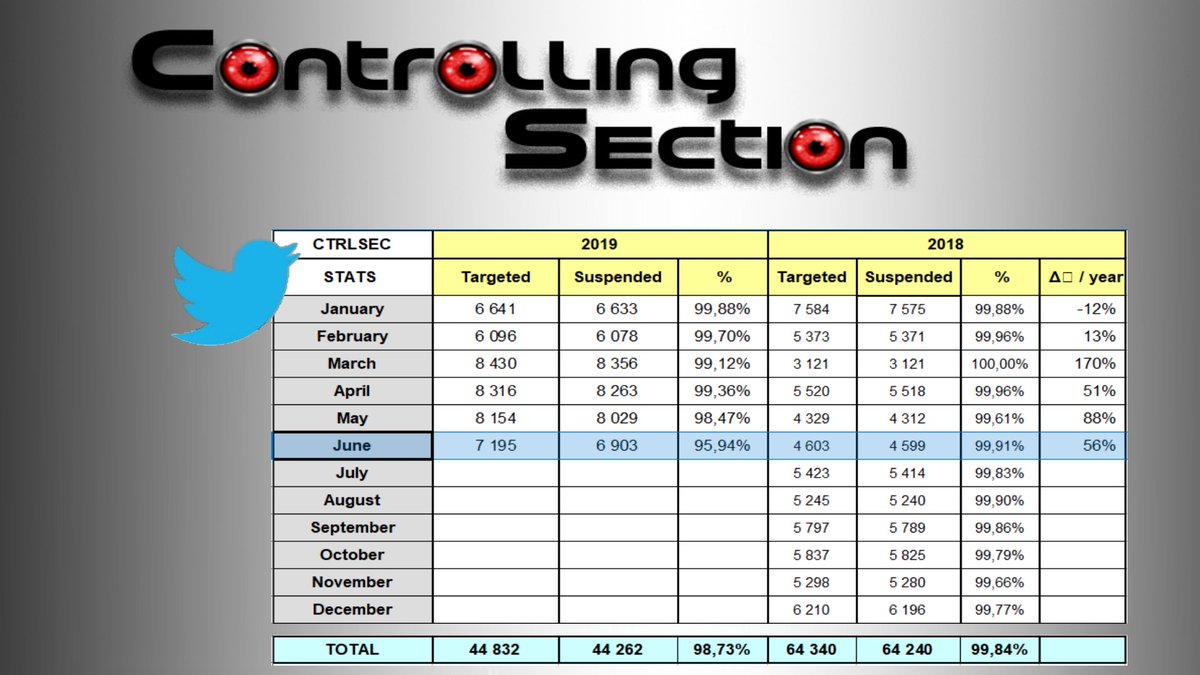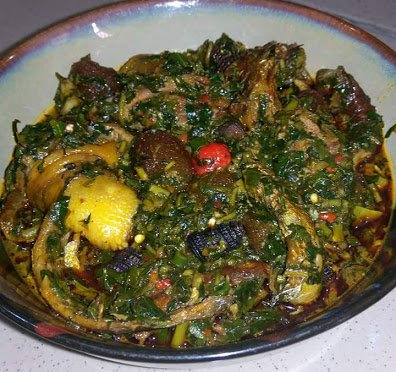* some rules support for this kind of fiction -- casting magic carries risk of spells going awry, but not gonzo face-melting Corruption or whatever. Characters have True Names, too.
* Playbooks and lifepaths!
* pick a playbook, i.e. class.
* Answer questions about your childhood and upbringing, or recent events in your life. There are tables to roll on, or simply choose from.
There are three classes: Warrior, Rogue and Mage. There are six *playbooks* in total, with their own sets of questions, but (for instance) the Untested Thief and the Young Woodsman playbooks both piggyback off the Rogue class.
The GM may impose a bonus or penalty of +2 to -10 to simulate different difficulties.
To make an attack, roll 1d20 + your Base Attack Bonus + either your Str or Dex *modifier*.
This uses the (slightly rejiggered) traditional saving throw categories of Poison, Breath Weapon, Polymorph, Spell, Magic Item.
* Classes improve at about the same rate as their B/X counterparts
* Mage is 3 points better at spell and magic item saves and 1 point worse at poison.
* Thief is 1 point better at polymorph saves
Attack bonus progressions are tweaked too, closer to the 3rd-edition progressions.
Fighter BAB = level
Mage = level / 2
Thief = (level - 1) * 2/3
Armour makes you harder to hit.
Mages have a d6 Hit Die, Rogues d8, Warriors d10. Your first Hit Die is maximised.
Each character also starts with 3 Fortune Points.
They do *not* have a Sneak Attack or Backstab mechanic.
Allies are limited by your Cha modifier, similarly to B/X. Having at least a few allies is highly recommended, even though PCs are a bit less frail than their B/X counterparts.
Skills aren't keyed to an ability -- Cha(Boating) might maintain order on a ship during a storm, while Int(Boating) might repair a damaged craft.
If you don't have a relevant skill, you can't mechanically help them unless you spend a Fortune Point.
"Active" Charisma tests, e.g. to bluff or smooth-talk are also a thing.
succeeding by 5+ means NPCs might offer hospitality or share secrets, failing by 5+ means NPCs might refuse to sell to you or even attack.
Cha tests are also "not mind control",
* aid another even if you don't have a relevant Skill
* reroll a failed roll.
* automatically stabilise if knocked to 0 or fewer HP.
You get them back each adventure.
I'm... not a fan of this. I like random initiative, like Troika's token bag or B/X's side-initiative.
You're unconscious at 0 HP, lose 1 HP each round thereafter unless stabilised (i.e. receive medical attention or spend a Fortune Point). You die at -10HP.
Healing potions (1d8 hp) and a spell, Healing Touch (also 1d8 hp) exist.
If you know a creature's True Name and speak it out, you get a +5 bonus on all rolls, including saves.
If you ever fail a Cha test to command a creature via their True Name, you can *never* command that creature in that way again. Most mages are thus wary of relying too much on that power.
Spells are bread-and-butter, and the safest form of magic. A Mage can cast a number of Spells each day equal to their level. They spontaneously cast from the list of whatever Spells they know.
You can learn a new Spell with a week's study of a tome or tutelage from a mentor, followed by a successful Int test. A failed test cannot be retried until you level-up.
They're nondamaging, can't impose more than a -2 penalty to a creature's rolls, and only work at Near range but are otherwise meant to be pretty flexible
Rituals have a level, you can only cast rituals of your level or lower.
(yes this means you can cast a 3rd-level ritual at level 3, not level 5).
You can learn a Ritual by studying it for 1 week per level, same as a Spell.
Yes, like Cantrips but not like Spells, you must roll to cast a Ritual properly. But...
This can vary of course, e.g. an animated object has 3 HD but is +0 to-hit.
(d6) --> 2
I am the Untested Thief
What did your parents do in the village? What did you learn from them? (d12)
11 --> You went on journeys into the woods to gather herbs and berries.
+2 Wis, +1 Con, +1 Dex, Skill: Herbalism
How did you distinguish yourself as a child? (d8)
7 --> You solved everyone else’s problems, and never mentioned your own. +1 Str, +1 Con, +1 Cha
3 --> You went camping with the hunters. +2 Con, +1 Int
(at this point I annotate the map with the names and some characteristics of the hunters)
Who taught you how to cheat or steal? (1d6)
4 --> The village locksmith. +3 Dex, Skill: Lockpicking
5 --> Despite your other skills, you still work an honest profession. +2 Int, a trade skill of your choice
(i write another location, the shop of the tinker who taught me to pick locks. I choose Metalwork as my skill)
6 --> You fast-talked the mark and made nice. The friend to your right bought you both drinks and joined the party, and gains +1 Cha.
What was your greatest heist? (d6)
6 --> You stole from another thief. +2 Dex, a nice set of lockpicks.
(one of the other results is "you convinced an old man to will you his farm". You then start with a farm)
Str 9
Dex 18
Con 12
Int 11
Wis 10
Cha 11
All my modifiers are +0, except for +3 Dex.
Skills: Herbalism, Stealth, Lockpicking, Metalwork, Drinking
* ability scores never improve in this game
* only the Rogue ever gets more skills on level-up (which can be spent improving an existing skill)
Your resilience in combat improves linearly but your skills are static.
Supplements have playbooks for Gnomish Godparents, Dwarven Mentors, Elven Highborns, Fae Foundlings, mystical talking foxes, etc.
flatlandgames.com/btw/
(this is a rogue/warrior hybrid class, also you are a bear)
7 --> You kept great dens as havens for wanderers in the wild. You grew up meeting travellers and hearing tales. +2 Cha, +1 Dex, +1 Int, +1 Wis.
(I mark the now-forgotten bear dens on the map, a possible hideout)
3 --> Being a kind hearted soul, you believe that men and beasts can help one another. +2 Cha, +1 Dex
1 --> The blacksmith was kind to you, and you often sat at his forge, trading stories. +2 Cha, +1 Str
I mark the map with the location of the blacksmith, and come up with a story of why her forge has gone cold. She slighted a fairy, who cursed her with listlessness. I keep her company and share salmon & berries.
What do you have to teach the village folk? (d6)
2 --> How to defend themselves from enemies as yet unknown. +2 Str, +1 Con, Skill: Alertness
3 --> Using your massive size, you quickly overpower your foes. +2 Wis, Knack: Great Strike
5 --> You came upon the villager fishermen. They tried to teach you to tie nets, and you showed them how to grab fish from the stream.
2 --> You will reunite the hidden communities of intelligent beasts. Gain +2 Wis, a lodestone
(I mark the hunting grounds of an Intelligent Owl, the only other intelligent beast I actually know ;-) )
Str 16
Dex 9
Con 14
Int 9
Wis 13
Cha 11
Skills: Alertness
Knack: Great Strike (+1 damage)
Gear: A lodestone
AC: 13 (the bear has some natural armour)
5 Fortune Points instead of 3
Attack and Save as Warrior
Though, being B/X based, minmaxing your attacking stat isn't as powerful as it is in AD&D or in 3e/4e/5e.
* Unlike B/X or AD&D, there's no bonus XP for high prime requisite.
* Like B/X & AD&D, classes have different XP needs to level-up. Tables are the same as B/X - 2000 for Warrior, 1500 for Rogue, 2500 for Mage, x2 for each level thereafter.
B/X D&D: A fighter must smash 200 skellies to level up to 2nd level
Beyond the Wall: 100 skellies
3e D&D: 10 skellies
It suggests:
* 500 XP per character - "solving a mystery, saving a village from a marauding monster, or gaining possession of a magical artifact which they were hunting"
* 1000 XP - saving a dukedom or defeating a great nemesis
Also, XP for clever ideas or good roleplaying, 50-100.
Nothing unusual here.
Once play begins, the GM advice is to:
* keep things moving -- roll dice when the result is *impactful*
* but also don't *just* place loved ones in harm's way. Also have them be a source of aid, shelter, or inspiration. Have those bonds be meaningful
* Characters start fairly competent, and so choosing to fight an impending threat head-on isn't completely foolhardy.
(between Fortune Points helping you stabilise and damage math not being as inflated as 3e Power Attack, the game is probably a bit less lethal than low-level 3e)
In any case plenty of games have hexcrawling/exploration rules you can lift, e.g
oldschoolessentials.necroticgnome.com/srd/index.php/…
here is a beautiful seal


















